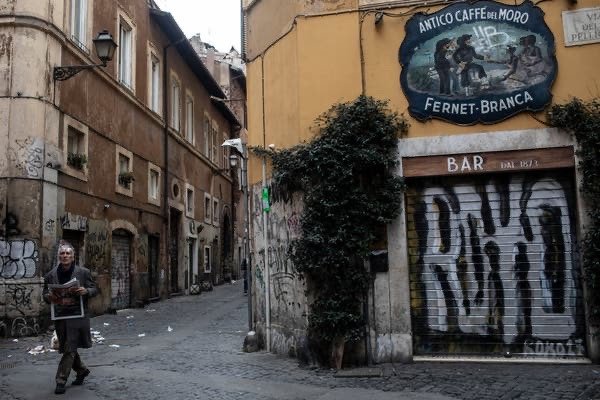Europeans Erect Borders Against Coronavirus, but the Enemy Is Already Within

In societies where life plays out on the street or in the cafe, where friends are greeted with kisses on the cheeks, the outbreak is creating fear and fragmentation.
BRUSSELS — The “gilded museum” of Europe is hollow and echoing. The great squares and stadiums are empty, the museums shut, the churches hesitant about services, the fine restaurants and cool bars shuttered.
The coronavirus is not only spreading, but also infecting societies with a sense of insecurity, fear and fragmentation. Above all, it has severed humanity from its conceit of control and of the invincibility of its institutions, science, technology and democracies.
If that is true nearly everywhere the virus goes, it is all the more so in Europe, with its history of Enlightenment, where life is lived, ordinarily, on an intimate scale, bumping shoulders on the street or in the cafe, greeting friends with kisses on the cheeks.
No more. Today, Europeans are told to hide away, erecting borders between countries, inside their cities and neighborhoods, around their homes — to protect themselves from their neighbors, even from their grandchildren.
Hi! I am a robot. I just upvoted you! I found similar content that readers might be interested in:
https://www.nytimes.com/2020/03/15/world/europe/coronavirus-borders-fear.html